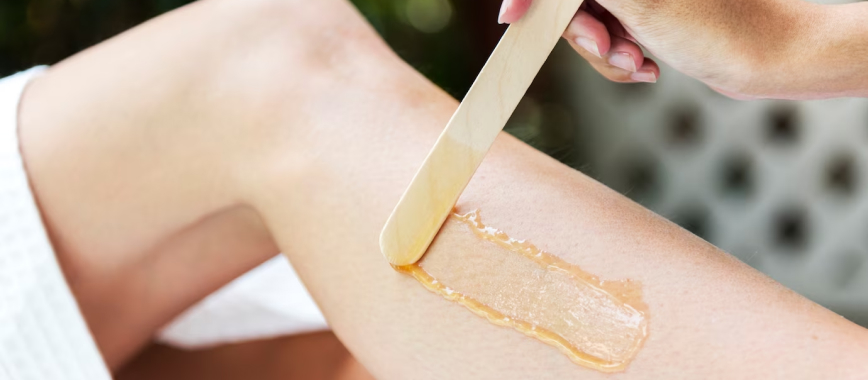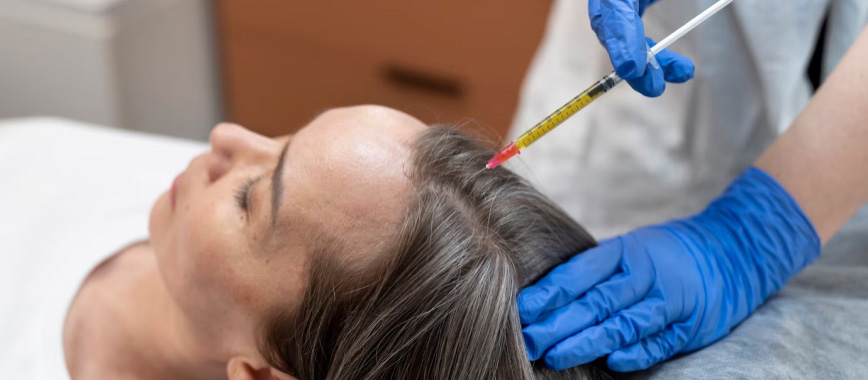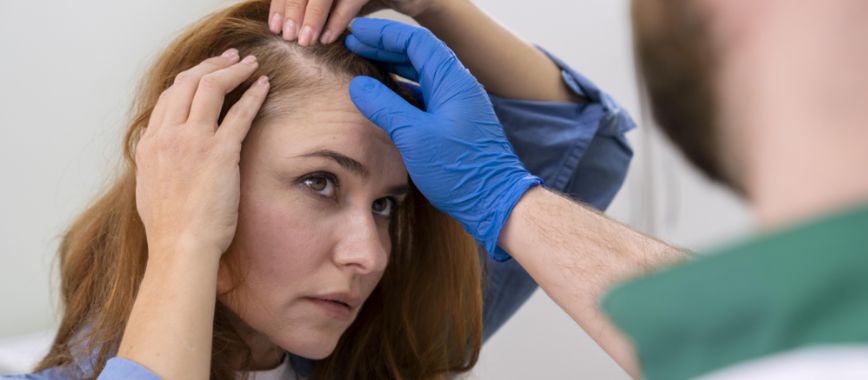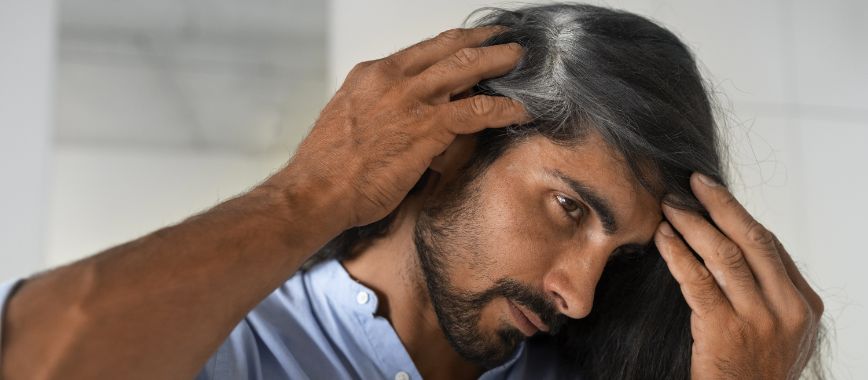Search Healthy Tips here
- Please wait..
Explore categories
What are the reasons behind growing white hairs before age?

Gray hair is commonly associated with aging, but it can occur prematurely, even before reaching middle age. Premature graying can be disconcerting and may have various underlying causes. In this blog post, we will explore some of the reasons behind growing white hairs before the expected age, shedding light on potential factors and offering insights into this phenomenon.
Genetics:
Genetics play a significant role in determining when and how quickly hair grays. If your parents or close relatives experienced premature graying, there is a higher likelihood that you may also develop white hair at a young age. Genetic factors can influence the production of melanin, the pigment responsible for hair color, and impact how early graying occurs.
Stress:
Chronic stress and emotional turmoil may contribute to premature graying. Stressful situations trigger the production of stress hormones, which can disrupt the normal hair growth cycle and lead to the depletion of melanocytes, the cells responsible for producing melanin. As a result, hair may lose its pigmentation and appear gray or white.
Nutritional Deficiencies:
A lack of essential nutrients in your diet can affect hair health and contribute to premature graying. Deficiencies in vitamins B12, D, E, and minerals such as copper and zinc have been associated with graying hair. These nutrients are vital for the production of melanin and maintaining healthy hair follicles. Ensuring a balanced diet rich in these nutrients is crucial for hair health.
Medical Conditions:
Certain medical conditions can lead to premature graying. Conditions like vitiligo, an autoimmune disorder affecting the skin's pigmentation, and thyroid disorders, such as hypothyroidism or hyperthyroidism, may cause the early onset of white hair. Additionally, conditions that cause oxidative stress and inflammation can contribute to premature graying.
Lifestyle Factors:
Unhealthy lifestyle choices, such as smoking and excessive alcohol consumption, have been linked to premature graying. These habits can increase oxidative stress in the body, leading to hair damage and graying. Poor sleep patterns, inadequate hydration, and exposure to environmental pollutants may also contribute to the early appearance of white hair.
Hair Care Practices:
Aggressive hair care practices, such as frequent heat styling, chemical treatments, and excessive use of hair dyes, can weaken hair strands and contribute to premature greying. These practices can damage the hair shaft, disrupt melanin production, and accelerate the graying process. Opting for gentle hair care routines and minimizing harsh treatments can help maintain hair health.
Ethnicity:
Hair graying can vary based on ethnicity. Studies have shown that individuals with lighter hair colors, such as blondes and redheads, tend to experience graying earlier than those with darker hair. This is because lighter hair contains less melanin to begin with, making the graying process more noticeable.
Conclusion:
Experiencing white hair before the expected age can be influenced by a combination of factors, including genetics, stress, nutritional deficiencies, medical conditions, lifestyle choices, hair care practices, and ethnicity. While it may not be possible to completely prevent premature graying, adopting a healthy lifestyle, managing stress levels, maintaining a balanced diet, and practicing gentle hair care can help promote hair health and potentially slow down the graying process. If premature graying concerns you, consulting a healthcare professional or a dermatologist can provide further guidance and insights into your specific situation.










